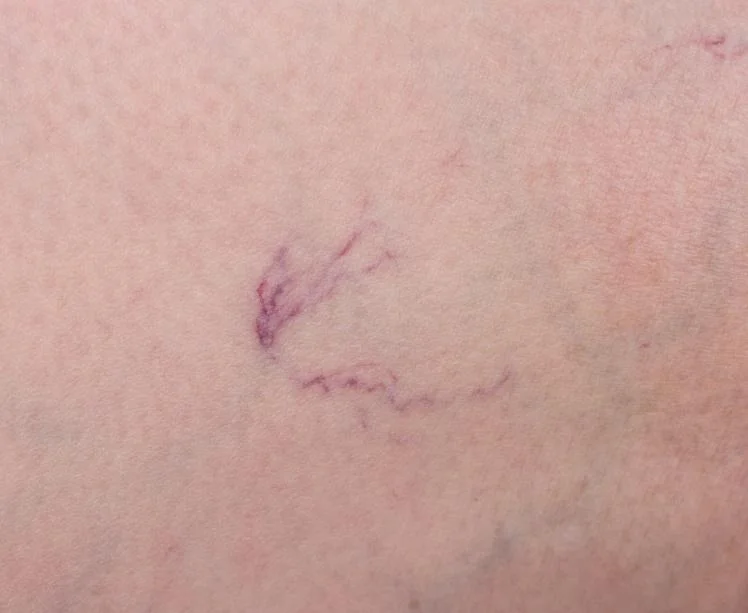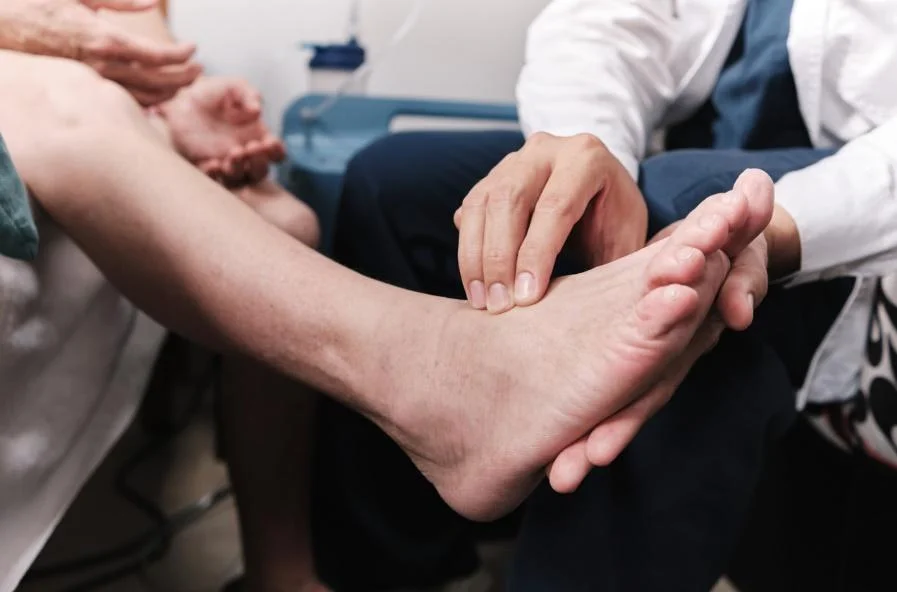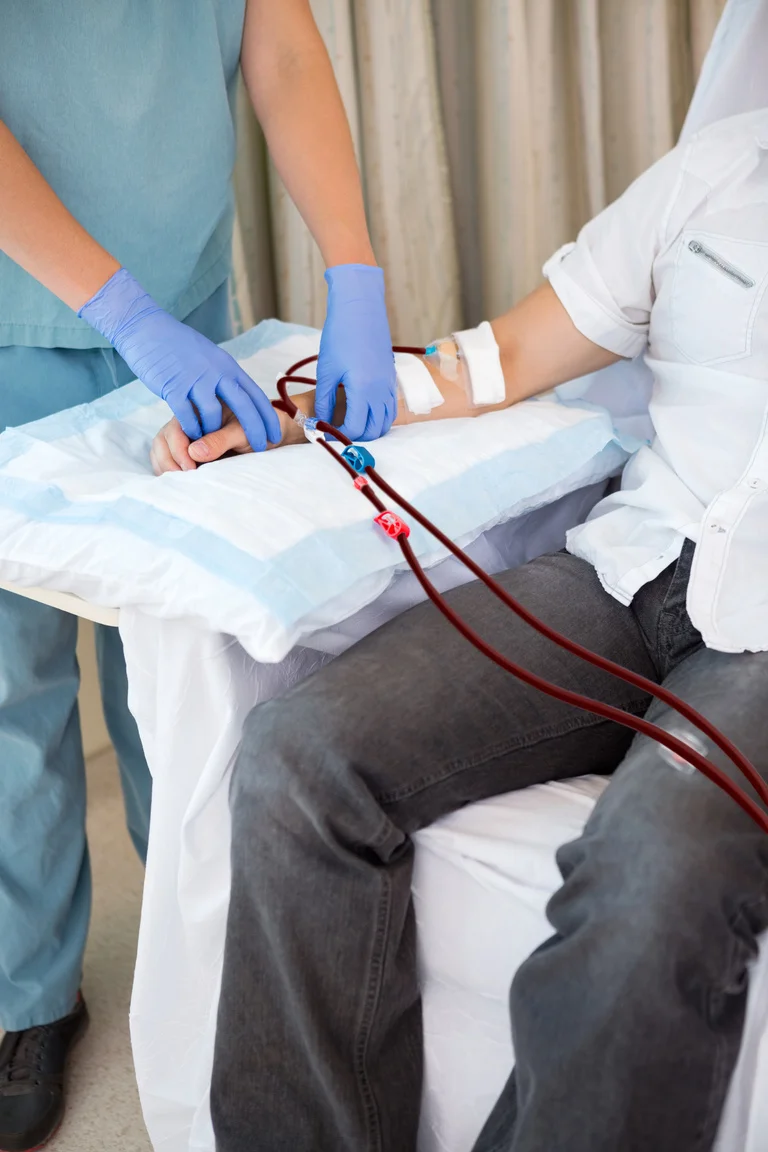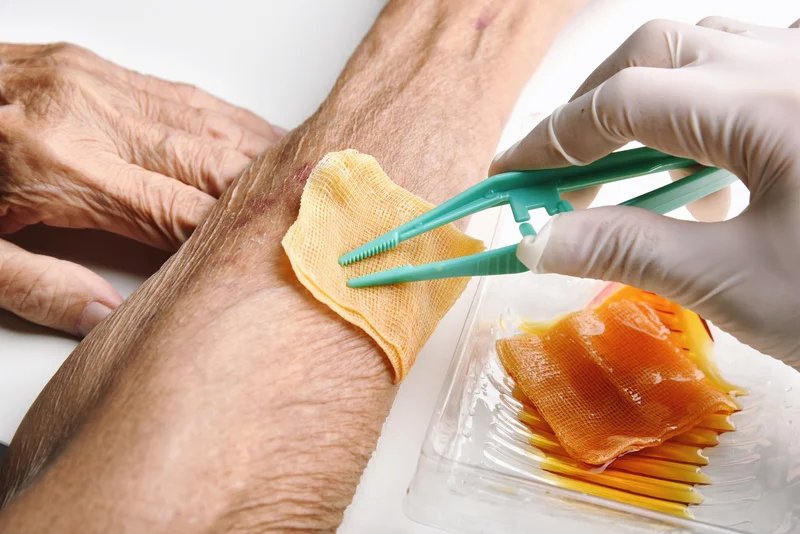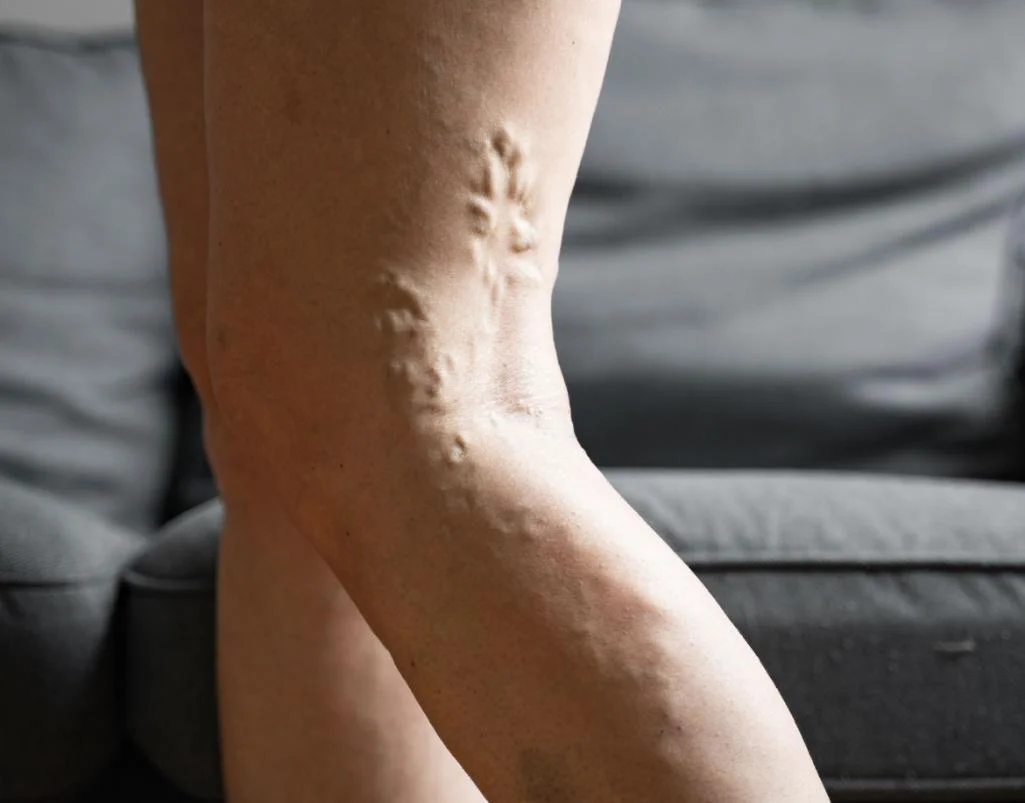
Vascular Specialist for Deep Vein Thrombosis
Deep vein thrombosis (DVT) is a serious condition where blood clots form in the deep veins, usually in the legs. If left untreated, DVT can lead to life-threatening complications like pulmonary embolism. A vascular specialist for deep vein thrombosis is the right doctor to consult, as they are trained to diagnose and manage blood clots, restore circulation, and prevent recurrence.
Why See a Vascular Specialist for DVT?
While other doctors may be involved in managing DVT, a vascular specialist provides comprehensive care by:
Performing diagnostic imaging such as duplex ultrasound or venography.
Prescribing and managing anticoagulant medications (blood thinners).
Offering advanced procedures when clots are extensive or resistant to medication.
Monitoring long-term vein health to prevent chronic complications.
Other specialists may contribute, including
Vascular surgeons—for surgical or endovascular clot removal.
Hematologists—for managing underlying blood clotting disorders.
Interventional radiologists—for catheter-based clot treatments.
Diagnosis of Deep Vein Thrombosis
To confirm DVT and plan treatment, vascular specialists may use:
Duplex ultrasound—the most common imaging tool for clot detection.
CT or MR venography—detailed imaging in complex cases.
D-dimer blood test—to detect clotting activity.
Accurate diagnosis is crucial for selecting the best treatment approach.
Treatment Options for DVT
Treatment depends on the severity of the clot and patient health. Options include:
Anticoagulant medications—prevent clot growth and new clots.
Thrombolytic therapy—dissolves clots using medication delivered directly into the vein.
Thrombectomy—surgical or catheter-based clot removal.
IVC filter placement—prevents clots from traveling to the lungs when blood thinners are not suitable.
A vascular specialist ensures the right balance between safety and effectiveness.
Preventing Complications and Recurrence
Even after treatment, patients may face risks such as post-thrombotic syndrome (chronic swelling, pain, or skin changes). A vascular specialist can help prevent complications by:
Recommending compression stockings.
Guiding lifestyle changes such as exercise and weight control.
Providing long-term follow-up to reduce future clot risks.
Final Thoughts
If you are concerned about deep vein thrombosis, consulting a vascular specialist is essential. With expertise in diagnosis, medication management, and advanced procedures like clot removal or filter placement, they provide comprehensive care to protect your health and prevent serious complications.
Frequently Asked Questions
1. What is the best doctor to see for deep vein thrombosis (DVT)?
A vascular specialist or vascular surgeon is the best doctor for DVT. They specialize in diagnosing and treating blood vessel conditions, including clots in the deep veins of the legs.
2. What are the warning signs of DVT?
Common symptoms include leg pain, swelling, warmth, and redness, usually in one leg. If you notice sudden chest pain or shortness of breath, seek emergency care—it could indicate a pulmonary embolism.
3. Can DVT go away on its own?
No, DVT does not usually go away without treatment. Without medical care, the clot may grow or travel to the lungs. Prompt evaluation by a vascular specialist is essential.
4. How is DVT diagnosed?
The most common diagnostic test is a duplex ultrasound, which detects blood clots and monitors blood flow. In some cases, CT or MR venography and D-dimer blood tests are also used.
5. What is the best treatment for DVT?
Treatment depends on the severity of the clot. Options include anticoagulants (blood thinners), thrombolytic therapy to dissolve clots, or thrombectomy to remove them. A vascular specialist determines the safest and most effective approach.
6. How can I prevent DVT from recurring?
Prevention includes taking prescribed medications, wearing compression stockings, staying active, and avoiding long periods of sitting. Regular follow-up with a vascular specialist helps monitor vein health and reduce recurrence.

Take the First Step Towards Vascular Health Today!
Are you ready to transform your vascular health with expert care and cutting-edge treatments?
Dr. Darryl Lim and his dedicated team are committed to providing personalized, compassionate care. Whether you’re dealing with varicose veins, peripheral artery disease, or other vascular conditions, Dr. Lim’s expertise and innovative approach ensure you receive the best possible outcomes.

Dr. Darryl Lim is a Senior Consultant Vascular and Endovascular Surgeon at the Novena Vascular and Varicose Vein Centre in Singapore. Before this role, he served as the Director of the Vascular Unit at Changi General Hospital and as a Service Chief at the Singhealth-Duke NUS Vascular Centre. Under his tenure, Changi General Hospital’s Vascular Unit was recognized as a regional centre of excellence.
Dr. Lim has a strong commitment to training emerging interventionalists and enhancing the capabilities of vascular units in Southeast Asia. He is regularly invited to travel to regional units to conduct live case workshops and to speak at international conferences.

